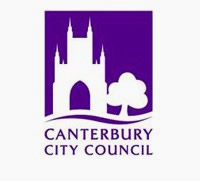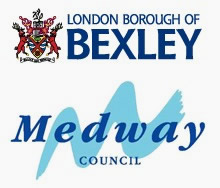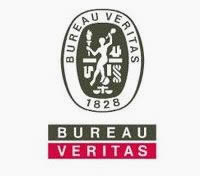How does Google Social Search rank results?
05/01/2011
How does Google Social Search rank results?
This question has been researched and analysed for many years by forward thinking SEO professionals. And the results are becoming more obvious, or more confusing, depending on your viewpoint.
If we consider the early days of the search market, the development of the early ‘simplistic’ search algorithms was straight forwards and is was easy to ensure websites were at the top of the search engines. Even the famous PageRank algorithm was a single concept, and once understood it was possible to ensure websites performed well in search. At this time the search results were governed by a relatively few parameters and testing these was possible.
But this is no longer as easy. It appears that the early versions of the Google Search Algorithm are already using a large number of parameters to influence the ordering of the results. Many of these parameters are very similar to the standard website ones.
For example the ‘voting’ of in-bound links from authority sites is replaced by links from fan pages on facebook or tweeted links.
There was a rush of social media activity following the success of Twitter with many agencies shifting focus from creating (useless) forum posts to tweeting instead. For a while there is no doubt this was beneficial. But then the nofollow tag was used and tweets became as useless as Wikipedia links.
But not for long, as re-tweeting emerged as a way of ensuring your tweets were seen. So the ‘link building game’ re-emerged, but instead of building links of questionable value, staff were employed by some agencies to re-tweet tweets in the hope of gaining TwitterRank.
Search engines are of course aware of this, and can respond quickly to such tactics. It appears the major search engines (Google and Bing) bypass the re-tweets and do actually look at all tweets. So is re-tweeting good or bad? Cornish WebServices consider this to be similar to the main ‘link building exchanges’ which Google hated and penalised. Good links are effective but bad ones can penalise you. The same is almost certainly the case with Twitter and other social networks such as facebook. A badly executed social media policy can actually be harmful to ongoing search marketing. Twitter can still be a very effective part of an online marketing strategy, either to achieve visibility in the social media searches or to help the standard natural searches. But not all tweeting is beneficial.

























